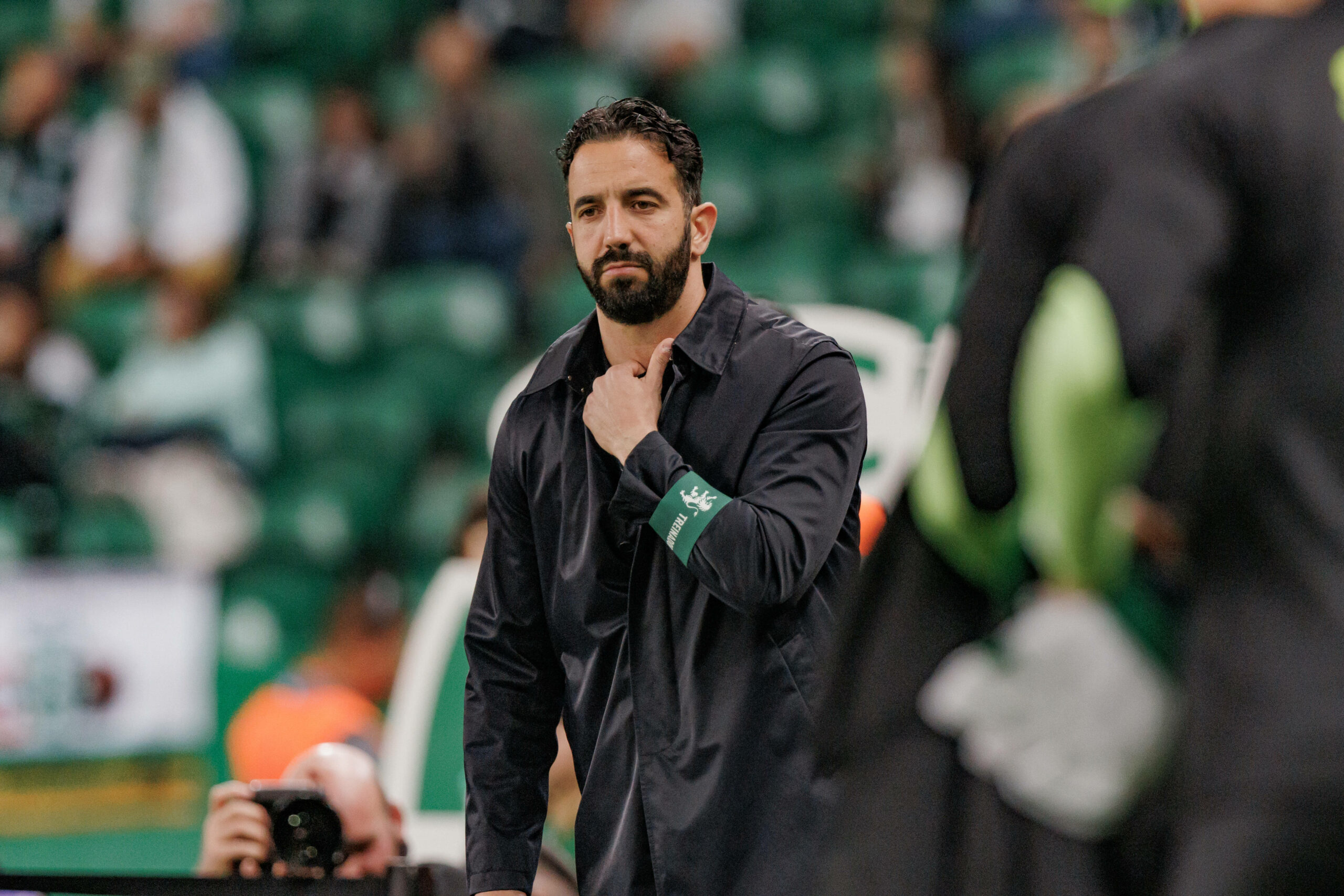Liverpool’s Managerial Choices: Carragher Explains Why Amorim Wasn’t the Fit
Liverpool’s search for a new manager earlier this year concluded with the appointment of Arne Slot, leaving many to ponder why the highly-rated Ruben Amorim was overlooked. Jamie Carragher, the former Liverpool defender, has provided insights suggesting that tactical compatibility played a significant role in this decision.
Tactical Fit Over Style Flair
Carragher emphasised the continuity in playing styles as a core reason behind Liverpool’s managerial decision. Under the long tenure of Jurgen Klopp, Liverpool committed to a tactical system that featured a back four. This setup became ingrained across all levels of the club, from the first team down to the academy. The preference for maintaining this familiar setup was pivotal.

“My suspicion is that one of the reasons Liverpool favoured Slot over Amorim last summer is because the Dutchman prefers the more traditional four at the back, so the transition was easier for the squad he inherited,” Carragher noted in the Telegraph. He highlighted the importance of a seamless transition that respected the legacy and the systems already in place at the club, a sentiment echoed by many who follow Liverpool’s tactical developments closely.
Why Amorim Wasn’t Picked
Ruben Amorim, known for his dynamic and somewhat unorthodox approach to football management, typically favours a three-at-the-back formation. This tactical stance, while successful for him—culminating in a league title with Sporting after a 19-year wait—posed a potential disruption to Liverpool’s established playing style.
Liverpool’s structure and personnel have been tailored to a four-back system, making Amorim’s preferred formation less than ideal. Carragher’s analysis suggests that Liverpool was unwilling to overhaul their system, which has brought them considerable success, including a Champions League victory and a Premier League title under Klopp.

Slot’s Seamless Integration
In contrast, Arne Slot, who was then making waves with Feyenoord, offered a philosophy more aligned with Klopp’s. His tactical acumen and adaptability made him an ideal candidate to ensure that the club continued on a familiar path. Since taking over, Slot has been praised for his smooth integration and the continuation of Liverpool’s strategic approaches, which likely would have been more challenging under Amorim’s radically different style.
Implications for Manchester United
While Liverpool decided against adopting a three-man defence, their rivals Manchester United have embraced Amorim, expecting that his tactical approach might revitalise their squad. As Carragher explained, the difference in team dynamics and existing setups could mean that what wasn’t suitable for Liverpool could potentially benefit United, especially given their defensive struggles.
Gary Neville, commenting on United’s tactical potential under Amorim, noted: “I have thought for a number of months that, looking at the players that United have that they’d maybe be better suited to going three at the back… Maybe that might give them a bit more comfort because it would give them an extra body at the back and players would be in a system where they got more support.”
Liverpool’s choice of Arne Slot over Ruben Amorim illustrates a broader strategy of stability and continuity. It’s a reminder that in football, the right fit is often more crucial than the right reputation. As both managers embark on their new journeys, the outcomes of their respective clubs will serve as a fascinating comparison for these contrasting tactical philosophies.



